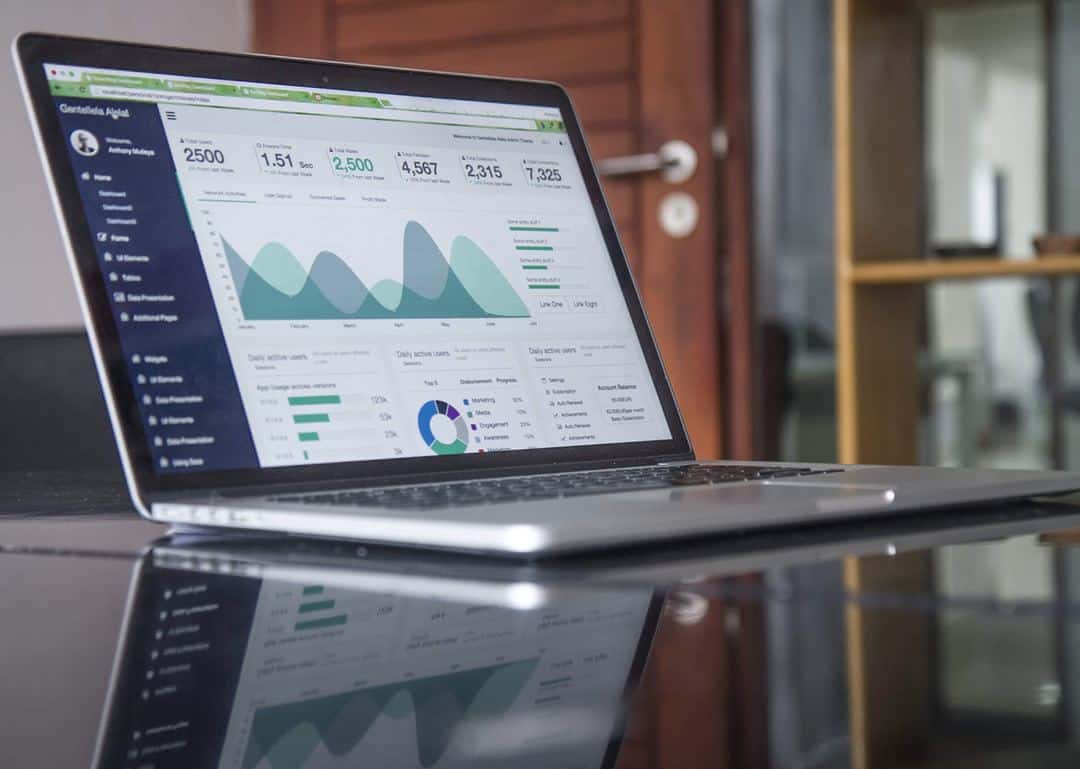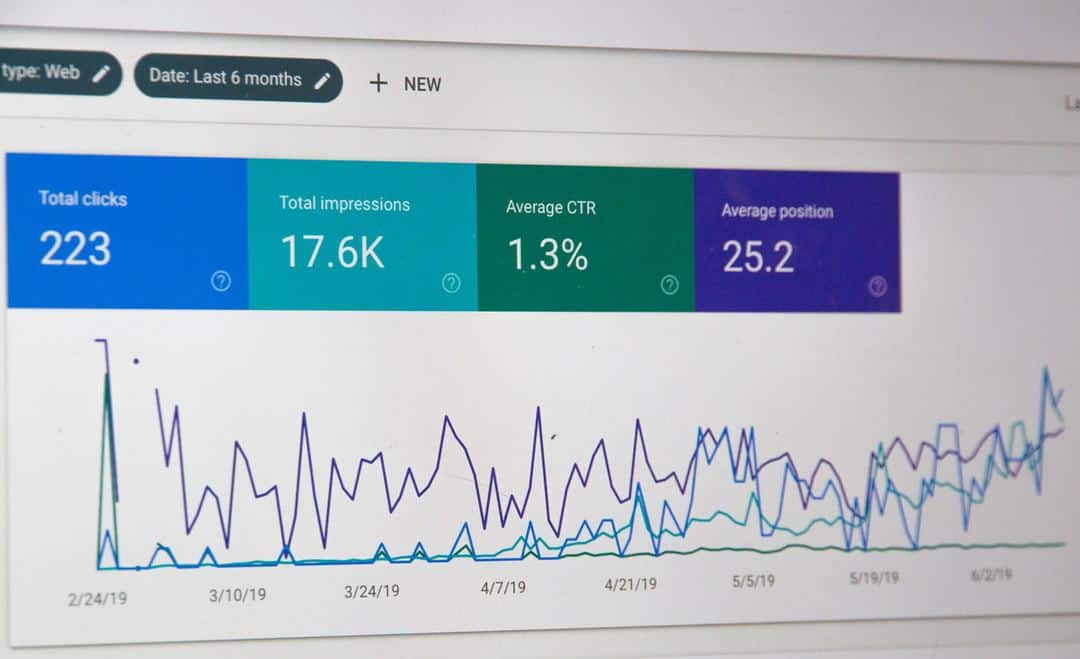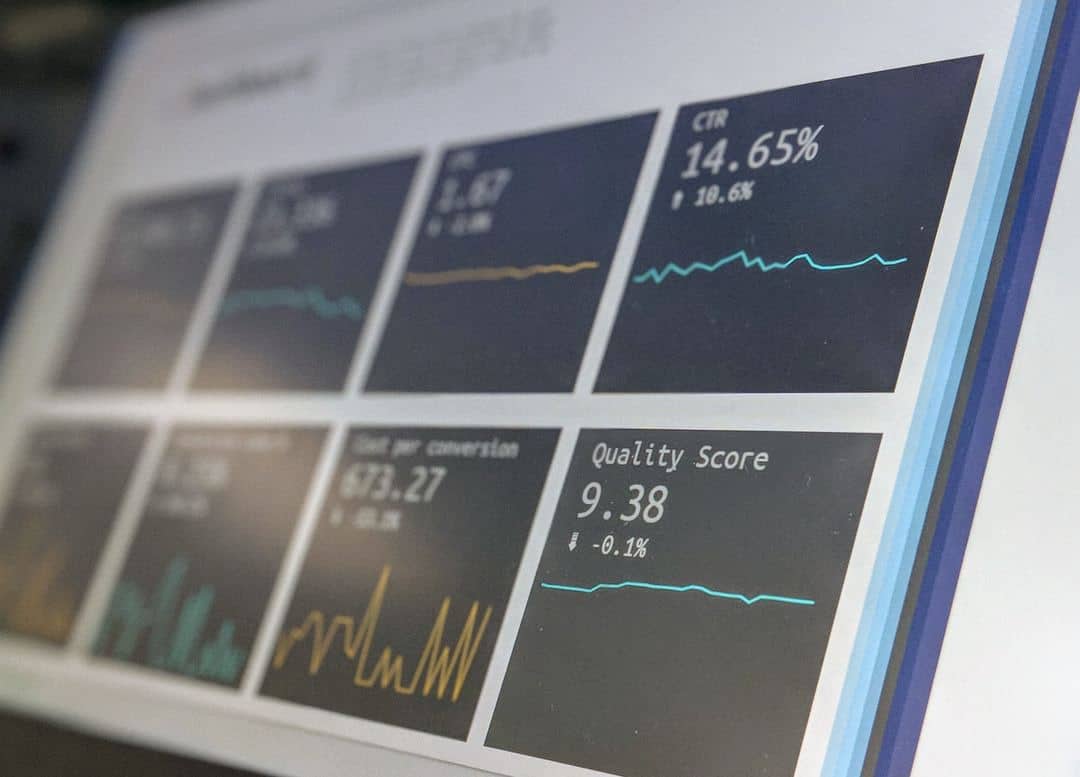
More companies are recognizing the importance of data and how the information at their disposal can be transformative to their business strategies. This is also accomplished through machine learning modules, such as logistical regression, a statistical model that’s used to determine the probability of an event occurring. Let’s take a look into how this method uses calculations to predict certain outcomes and how it’s being applied through various lines of industry.
What is logistical regression?
The ability to assess the probability of certain events is helping companies make strides in strategy. Logistic regression is used in machine learning to help create the most accurate predictions. It’s similar to linear regression, except rather than a graphic outcome, the target variable is binary: 0 or 1. There are two types of measurables: the item being measured, known as the explanatory variable, and the response variable, which is the outcome. Think of it like taking a pass/fail college course: The hours studied are the explanatory variable with the outcome of passing or failing being the response variable.
There are three basic kinds of logistic regression. The first is binary regression with just two outcomes possible from a categorical outcome. Multinomial regression is where response variables can include three or more variables, which will not be in any order. An example of this is predicting whether diners at a restaurant prefer a certain kind of food option — chicken, beef or fish, let’s say. Lastly, there’s ordinal regression. Like multinomial regression, there can be three or more variables in ordinal regression. However, there’s an order that the measurements follow, such as rating your experience at a hotel on a scale of 1 to 5.
Assumptions of Regression
There are certain assumptions that come with putting logistical regression models in place. In binary regression, it’s necessary that the response variable, or outcome, is a binary. The desired outcome should be represented by the factor level 1 of the response variable; the undesired is 0. That’s why in these circumstances, the variables that are used have to be the most meaningful to the desired sequences. It’s important to have little to no multi co-linearity. Independent variables have to essentially be independent of one another. Log odds and independent variables have to be linearly related. Logistic regression algorithms must be applied only to massive sample sizes.
Applications of Regression
There are several fields and ways in which logistic regression models can be used, predominantly in the health and social sciences. In health care, logistical regression is used in the case of the Trauma and Injury Severity Score, or TRISS. This is used to predict fatality in injured patients based on the circumstances of an incident. TRISS uses variables such as the revised trauma score, injury severity score and the age of the patient to predict certain health outcomes. This is also used to determine the likelihood of preexisting conditions like heart disease based on age, weight and family history.
Logistic regression is used in the political realm by pollsters looking to determine the probability of a candidate getting elected. This delves into party registration, along with the age and gender of the voter. Regression algorithms are also common in marketing to predict the chances of a customer’s browsing of a website turning into a sale. This allows for shifts in advertising that may attract more people to the customer base. E-commerce outlets have found this to be crucial in adjusting in a growing marketplace online. The truth is that putting a greater system in place to monitor for these predictive outcomes can be the game-changer that businesses need. Logistic regression models can make greater strides.






